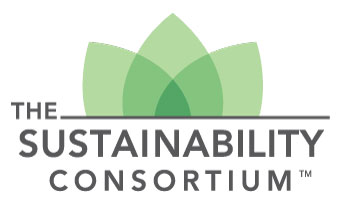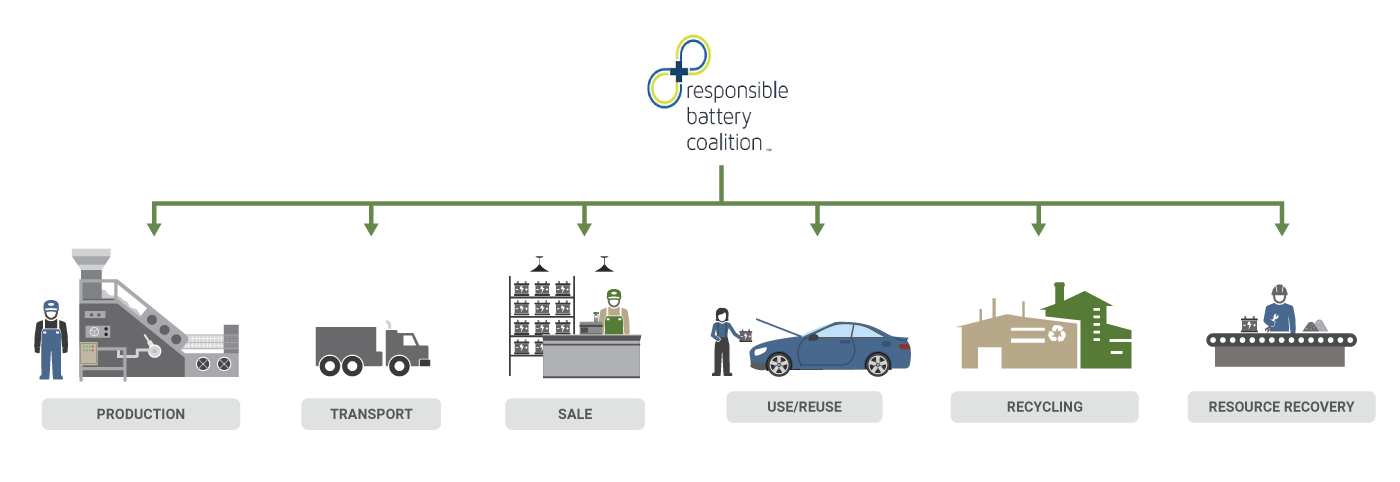CASE STUDIES
Batteries enable all aspects of a product’s supply chain today, and will only increase in importance as society shifts to renewable energy and electric vehicles. Unfortunately, these systems are not benign. While their current end-of-life recovery rate is 99%, lead-acid batteries come with a host of well-known supply chain issues. Lithium ion and other advanced chemistry batteries carry unknown supply chain impacts on workers, human health and the environment, and do not have established recovery and recycling systems to manage them at end-of-life. In April of 2017, the Responsible Battery Coalition (RBC) was launched with the mission to advance the responsible production, transport, sale, use, reuse, recycling, and resource recovery of transportation, industrial and stationary batteries and other energy storage devices.
Recognizing that, to fulfill its mission of creating and managing responsible battery value chains, the Coalition has partnered with organizations capable of supporting assessment of responsible performance and assist in the identification and implementation of improvement opportunities within the value chain. The Sustainability Consortium is now a strategic partner of RBC due to our experience in convening diverse stakeholders to work collaboratively to develop science-based decision tools to address sustainability issues that are materially important throughout a product’s supply chain and lifecycle. TSC brings to the partnership an established sustainability measurement system and tools and experience in implementation of their system to benchmark and measure the progress of companies.
TSC will support RBC in three undertakings in the next year:
- Revising the current Lead-Acid Battery Toolkit to communicate best practices and encourage a common assessment approach for sustainability in the industry
- Creating a Lithium Ion Battery Toolkit, which will provide a holistic picture of hotspots and improvement opportunities in this emerging supply chain and enable conversation about what needs to be addressed as this technology moves toward mainstream adoption
- Working in partnership with RBC members to develop a pilot project to handle a stockpile of used lithium ion batteries whose outcome will help identify commercially-viable recovery technologies and add to current knowledge about the barriers and opportunities in developing robust battery recovery systems.




